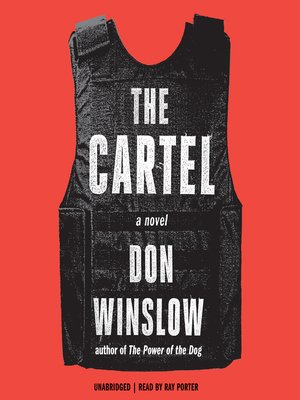
The book begins in a burning Mexican poppy field in 1975 (“Only in hell, Art Keller thinks, do flowers bloom fire”) and leaves Keller among more poppies in 2004. agent, and Adán Barrera, a young Mexican who will go on to achieve the most dizzying heights of power. “The Power of the Dog” is, in brief, about the first decades that bind the destinies of Art Keller, a Vietnam veteran and later D.E.A. That opening novel now looks like the series’ relatively innocent prologue - and it is as blade-sharp, violent, pulse-quickening and reportorially shocking as the pinnacle of some lesser series might be. I can live with that.”Įven though the first installment of this trilogy was named “The Power of the Dog,” after a biblical intimation of evil (“Deliver my soul from the sword my love from the power of the dog,” Psalms 22:20), it only hinted at the magnitude and ferocity of what was to come.

As for the book’s depiction of fiercely partisan American politics, including its treatment of characters who are unmistakable versions of the current president and his son-in-law: “I know this book is going to make some people angry. “Loaded phrases, like loaded guns, are more interesting, aren’t they?” Winslow said to Entertainment Weekly in September. Winslow is well aware that both that and its cover image, which depicts a razor-wire-topped wall spreading across a desert landscape, are politically loaded. The book’s title, “The Border,” refers to both physical and moral barriers. Though Winslow cannot have engineered all of this 14 years ago when he started this series, his sweeping new novel concerns subjects that put it right on the culture’s front burner: the Mexican-American border, the handling of migrant children, the opioid crisis and some barely fictionalized claims about how foreign money has bought influence at the highest level of the U.S.

Of all the blows delivered by Don Winslow’s Cartel trilogy, none may be as devastating as the timing of “The Border,” its stunner of a conclusion.


 0 kommentar(er)
0 kommentar(er)
